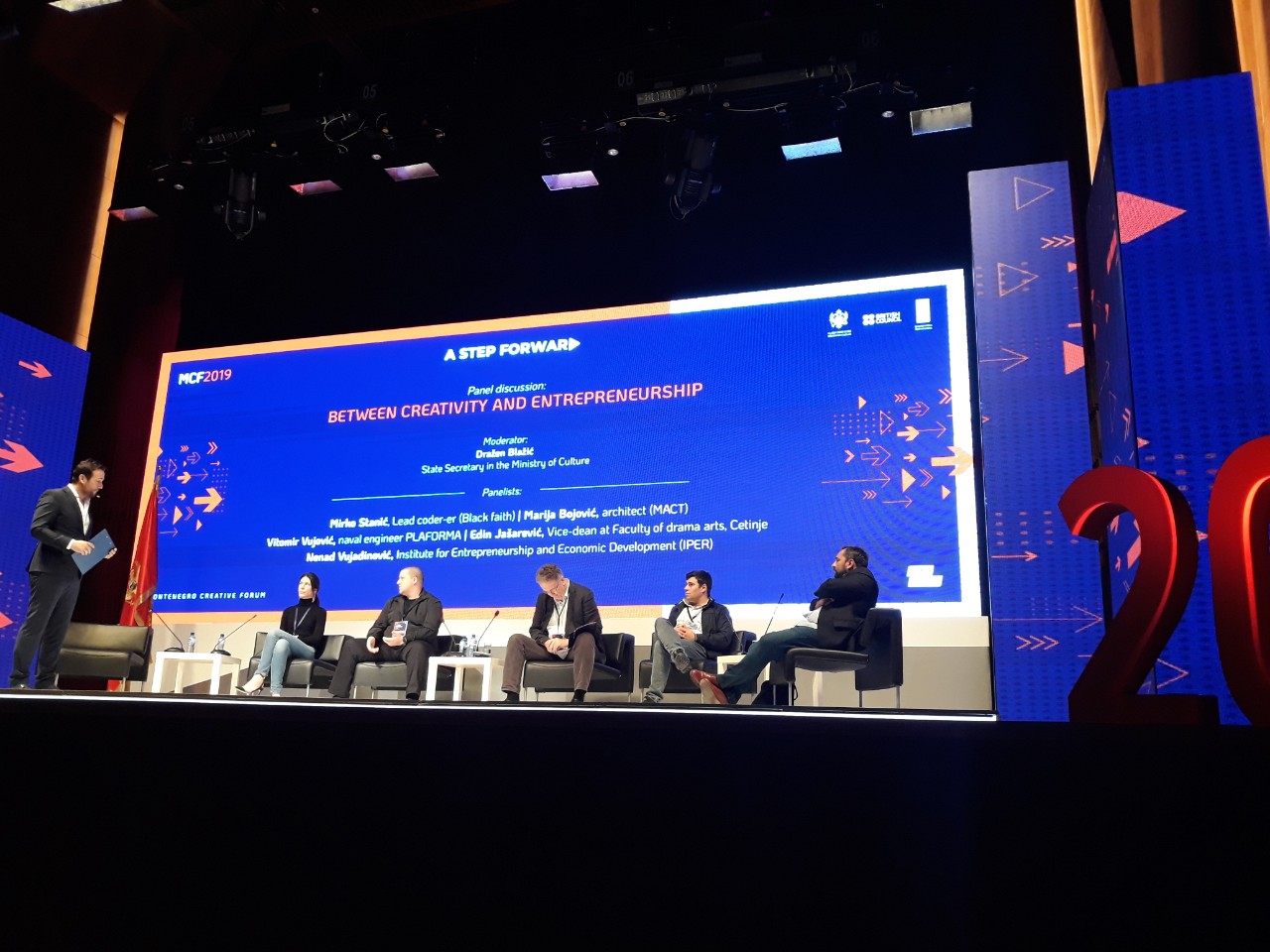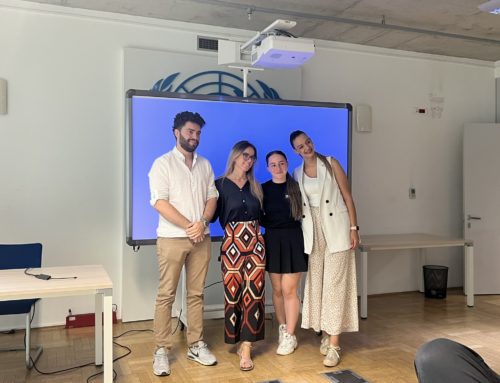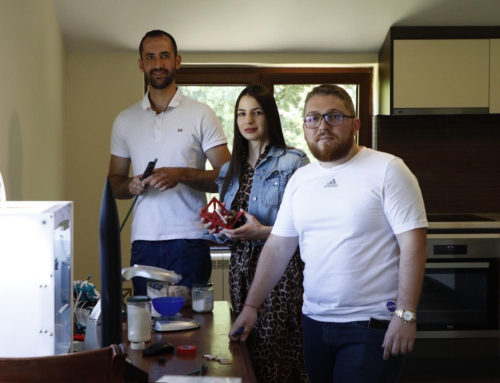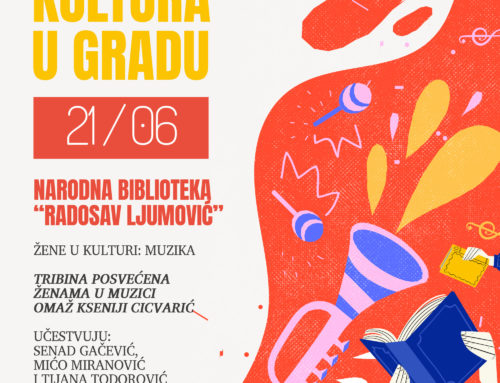The National Conference Montenegro Creative Forum: And Step Forward, which brought together eminent art experts as well as numerous interested individuals on October 8 and 9, has been successfully completed. The main conclusion of the Conference is that Montenegrin culture has strong creative and economic potential. As one of the leading cultural policies of the Government and the Ministry of Culture, the creative industries sector has demonstrated the capacity and potential of our creative scene.
PhD Nenad Vujadinovic, who participated in the panel discussion ‘Between Creativity and Entrepreneurship’ spoke on behalf of the Institute for Entrepreneurship and Economic Development. In addition to Professor Vujadinovic, the panel was attended by developer Mirko Stanic (Black Faith), architect Marija Bojovic (MACT), engineer Vitomir Vukovic (PLAT-FORMA) and Vice-Dean at the Faculty of Dramatic Arts in Cetinje, Edin Jasarevic. The moderator of the interview was State Secretary at the Ministry of Culture Drazen Blazic.
Professor Vujadinovic, in response to one of the questions raised by the panel moderator, related to the ‘Problems of the relationship between creativity and business, and the need for empowerment of that connection in today’s Montenegro’, pointed to the specific nature of the entrepreneur-creative relationship. ‘Creatives are visionaries, they are brave, they give their best and they see far. On the other hand, entrepreneurs are wary. It is important to reconcile a creative person and an entrepreneur in man, and that is possible’, said Professor Vujadinovic.
The goals of the Conference have been successfully achieved, and the conclusions of the participants and organizers clearly confirm that music, festival and events of this type not only generate a local audience but strengthen our country’s presence and identity in the world. Therefore, it is through the continuous realization of these activities that it is possible to attract an audience from the region, which represents a serious economic potential. In addition, the Ministry of Culture announced that in the coming period it will support and motivate local authors to take an active part in representing Montenegro at the international level and to further promote the entire sector through their performances.
On the occasion of the successful conclusion of the Conference, Minister of Culture Aleksandar Bogdanovic expressed his satisfaction with the successful organization, pointing out that the key findings show that the film industry in Montenegro has a strong cinematic and economic potential and that in addition to the natural beauty it is necessary to create an infrastructure in the form of a film studio. Accordingly, the Ministry of Culture will work dedicated to creating the conditions for generating as many foreign productions and co-productions as possible.
‘Discussions at the Montenegro Creative Forum have unequivocally indicated that the link between the creative sector and entrepreneurship is unbreakable, which particularly encourages us to continue to work hard on this, extremely important, public policy. On the other hand, contemporary creativity and visual arts in Montenegro are increasingly gaining international attention and in this context, the Ministry of Culture, together with its partners, will continue to organize forums of this format, because only through joint discussions and dialogue can we create quality public policies and visions in the field of culture in Montenegro’, concluded Bogdanovic.
UNDP Resident Representative in Montenegro, Daniela Gasparikova thanked the participants for opening up new perspectives for the development of creative industries through their actions. Summarizing the conclusions of the conference, she indicated that culture transcends all boundaries and speaks a universal language. ‘From your discussion during these two days, you could hear the benefits of gaining international experience, exposure to world trends and artist mobility. This impact is twofold: it contributes to the development of skills and education, but it also helps to position Montenegro in the world. One of the modalities to follow is the promotion of the country as a film and festival destination, where Montenegro has already attracted the attention of the international public.
‘This branch tends to attract more visitors, generate higher revenues and extend the tourist season. This improves the visibility of the country and the competitiveness of the economy. The experiences of other small economies, such as Northern Ireland, testify that the film industry can create jobs in related sectors, not just in the arts and culture, for the benefit of the local community. Montenegro can take this example of good practice to a higher level in other branches of the creative industry as well’- concluded Gasparikova.





